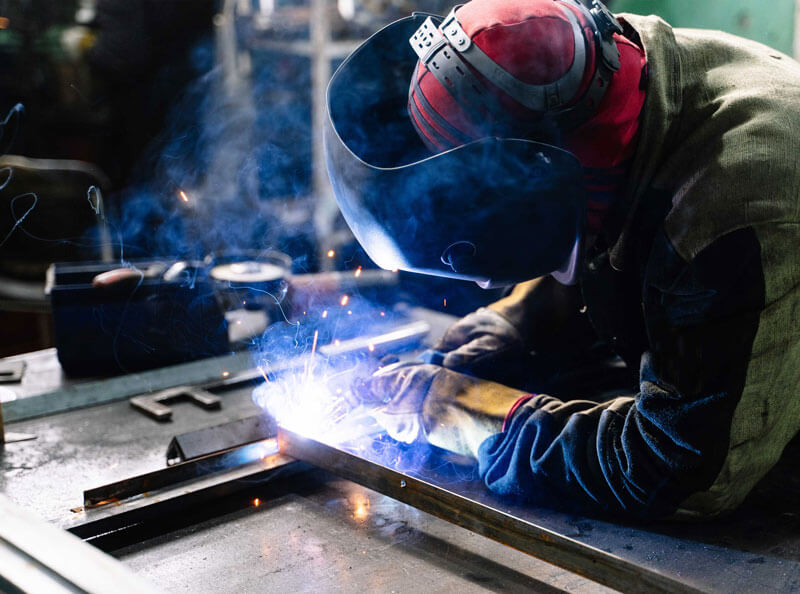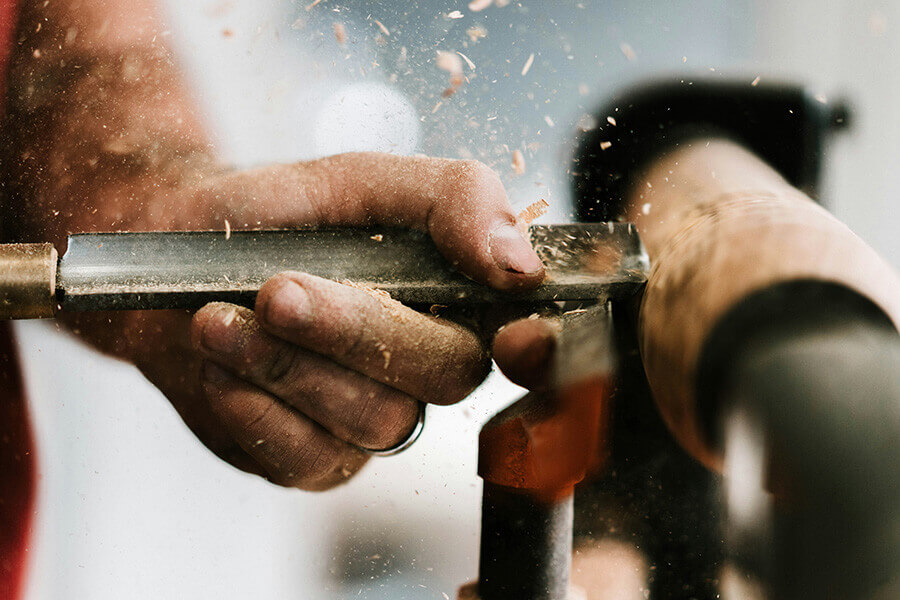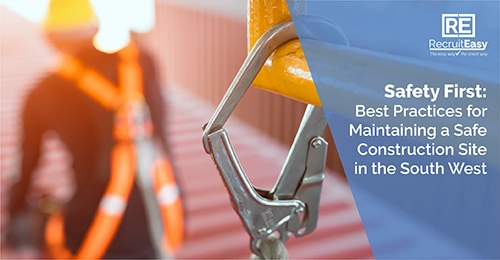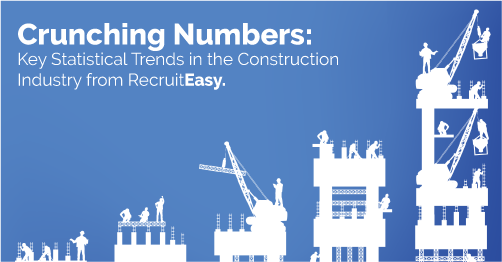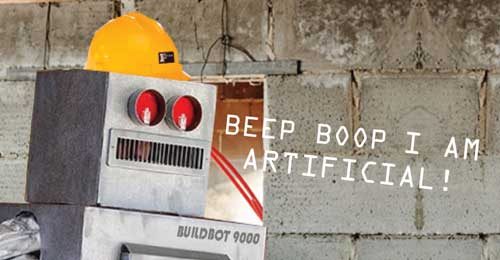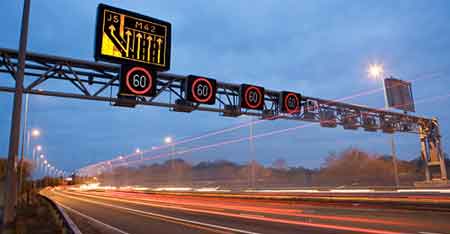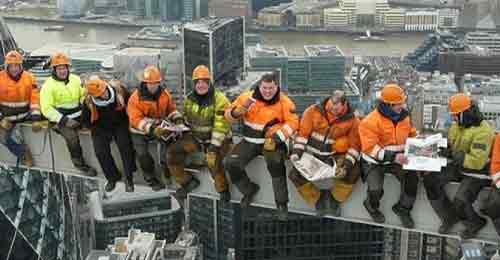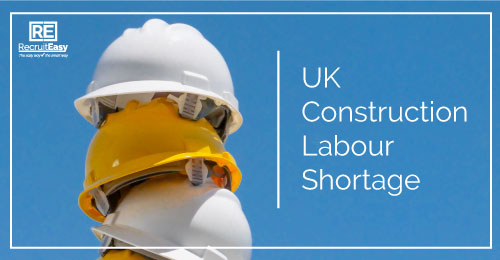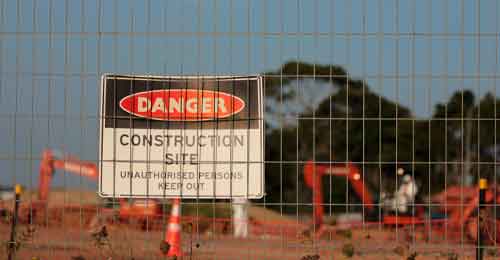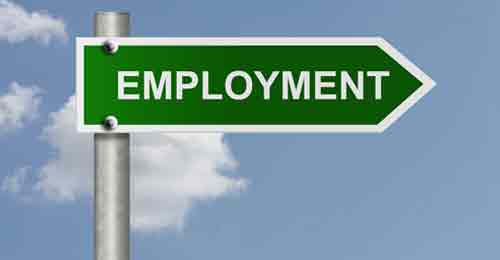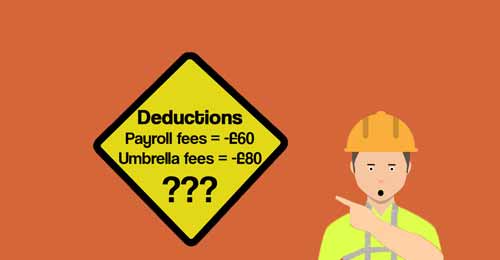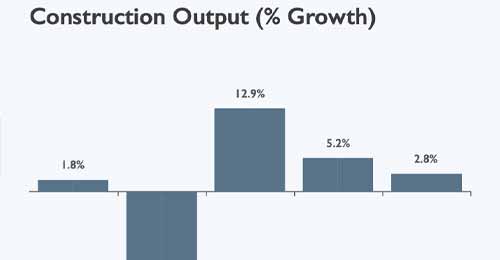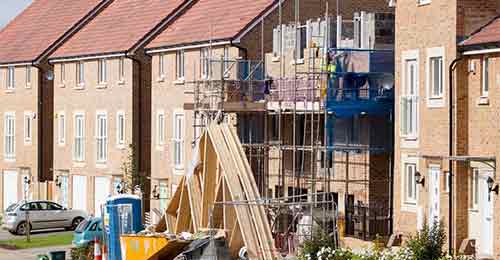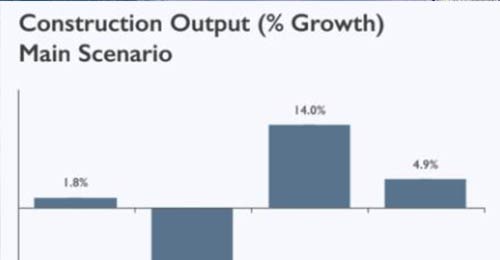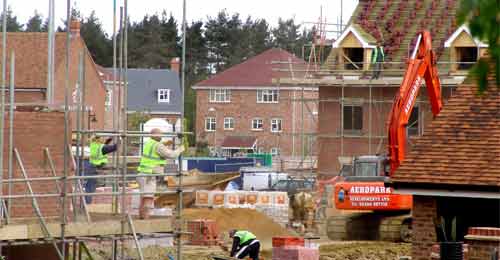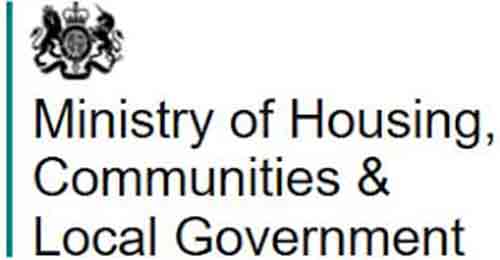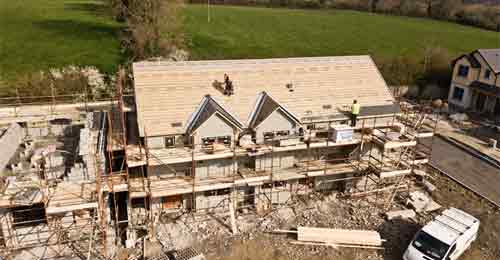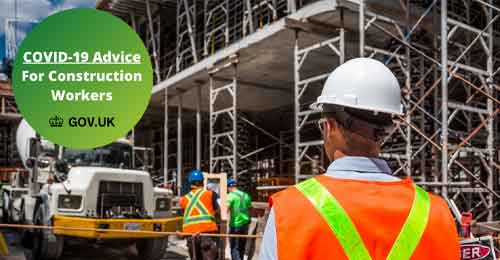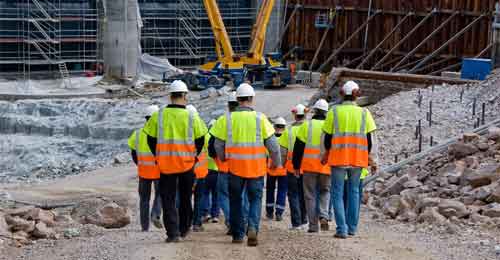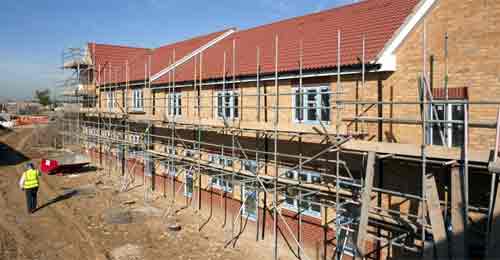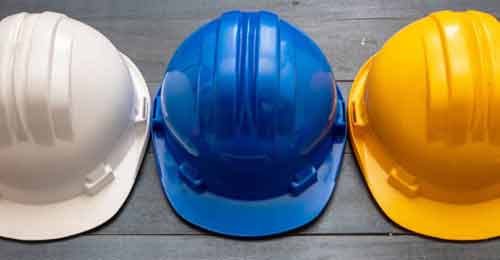The UK construction industry is a major user of steel. Steel is an essential component of many structures, such as buildings, bridges, and infrastructure projects. However, the price of steel can have a significant impact on the cost of construction projects, which is why it is essential to keep track of the current steel prices in the UK. In this blog, not only will we explore the current state of steel prices in the UK and what factors are affecting them but discuss how you can reduce the risk to your construction projects by being prepared for a potential steel shortage or price hike.
Steel Prices in the UK
The price of steel in the UK has been steadily increasing in recent years. The cost of steel in the UK has risen due to a number of factors, including the global supply and demand for steel, the cost of raw materials, and the impact of government policies on the steel industry.
In recent years, the UK has faced a shortage of steel due to a decrease in domestic production. As a result, the UK has become increasingly reliant on imports of steel. This has led to an increase in the price of steel in the UK, as the cost of importing steel has increased due to global supply and demand factors.
The price of raw materials, such as iron ore and coal, has also played a significant role in the rising price of steel in the UK. The cost of these materials has increased due to increased demand from other industries, such as the automobile industry, and the impact of natural disasters and supply chain disruptions on global commodity prices.
Government policies have also had an impact on the steel industry in the UK. In recent years, the UK government has imposed tariffs on steel imports from countries such as China and Russia. This has led to a decrease in the supply of imported steel in the UK, which has contributed to the rise in steel prices.
Current Steel Prices in the UK
The current price of steel in the UK varies depending on the type of steel and the supplier. On average, prices which had been largely stable at around £350 per tonne, are suddenly hitting levels of between £400 and £700, and even more. However, prices can be significantly higher for specialized or high-quality steel.
The price of steel in the UK is also affected by the global market. The price of steel in the UK can fluctuate based on changes in the global supply and demand for steel, as well as changes in the cost of raw materials and the impact of government policies on the steel industry.
Factors Driving Steel Prices and Shortages in the UK
One of the main factors driving steel prices in the UK is global demand. China, in particular, is a major player in the steel market producing 77.9 Mt in December 2022 (down 9.8% from Dec 2021), and increased demand there has driven up the price of steel around the world.
Another factor is Brexit. Since the UK left the European Union, the cost of importing steel has increased, as has the cost of raw materials used in the production of steel. Additionally, many construction companies have expressed concern about the potential impact of Brexit on the supply chain of materials, including steel.
The ongoing COVID-19 pandemic has also played a role in steel prices and supply. Shutdowns of steel plants and supply chain disruptions have created a shortage of steel in some parts of the world, leading to higher prices and potential shortages in the UK.
Impact of Steel Prices on the Construction Industry
The rising cost of steel in the UK has had a significant impact on the construction industry. The construction industry relies heavily on steel, particularly for large-scale infrastructure projects. The increase in the price of steel has led to an increase in the cost of construction projects, which can make projects unaffordable or delay them massively. This may result in companies having to pass on these costs to clients or delay projects, which could ultimately impact profitability and future growth.
The rising cost of steel has led to a decrease in the profitability of construction companies. This is because the increase in the cost of steel has not been fully offset by increases in the price of construction projects, leading to a decrease in profit margins for construction companies. Much like the food and drink industry, as supplies (or energy prices) go up, the overall price to the buyer must go up to keep the overall profit margin and business viability.
The main problem arising is the rising cost of steel has led to a decrease in the number of construction projects being undertaken. This is because many construction projects have been delayed or cancelled due to the increased cost of steel.
However, there is another potential impact of a steel shortage on the construction industry that is worth considering: the need for skilled workers. If a shortage of steel occurs, it is likely that construction projects will be delayed or put on hold. This could impact the need for skilled construction workers and could create recruitment opportunities for construction recruitment companies.
For example, if a construction company is unable to start or complete a project due to a steel shortage, they may require skilled workers for other projects or for alternative materials. A construction recruitment company can help connect these companies with the skilled workers they need to keep their projects moving forward.
Preparing for a Potential Steel Shortage or hike in prices
Given the potential impact of a steel shortage on the construction industry, it's essential to take steps to prepare. One strategy is to look for alternative materials or suppliers, which may be more expensive but could help avoid project delays. Another method is to stock a certain amount of the usually required steel before accepting contracts to ensure your business can specify the exact cost of a project before accepting and undertaking it, reducing risk and potentially increasing profitability past your competitor companies.
Another strategy is to work with a construction recruitment company that can help provide skilled workers when they're needed. By having access to a pool of skilled workers, construction companies can better manage their projects and ensure they are completed on time, even in the event of a steel shortage.
Conclusion
The rising price of steel in the UK and the risk of a shortage present significant challenges for the construction industry. However, with the right preparation and strategies, construction companies can navigate these challenges and ensure their projects are completed on time and within budget.
In conclusion, the price of steel in the UK has been steadily increasing due to a number of factors, including the global supply and demand for steel, the cost of raw materials, and government policies. The rising cost of steel has had a significant impact on the construction industry, leading to an increase in the cost of construction projects and a decrease in the profitability of construction companies. It is important for those in the construction industry to keep track of the current steel prices in the UK and to be prepared for potential changes in the future.


